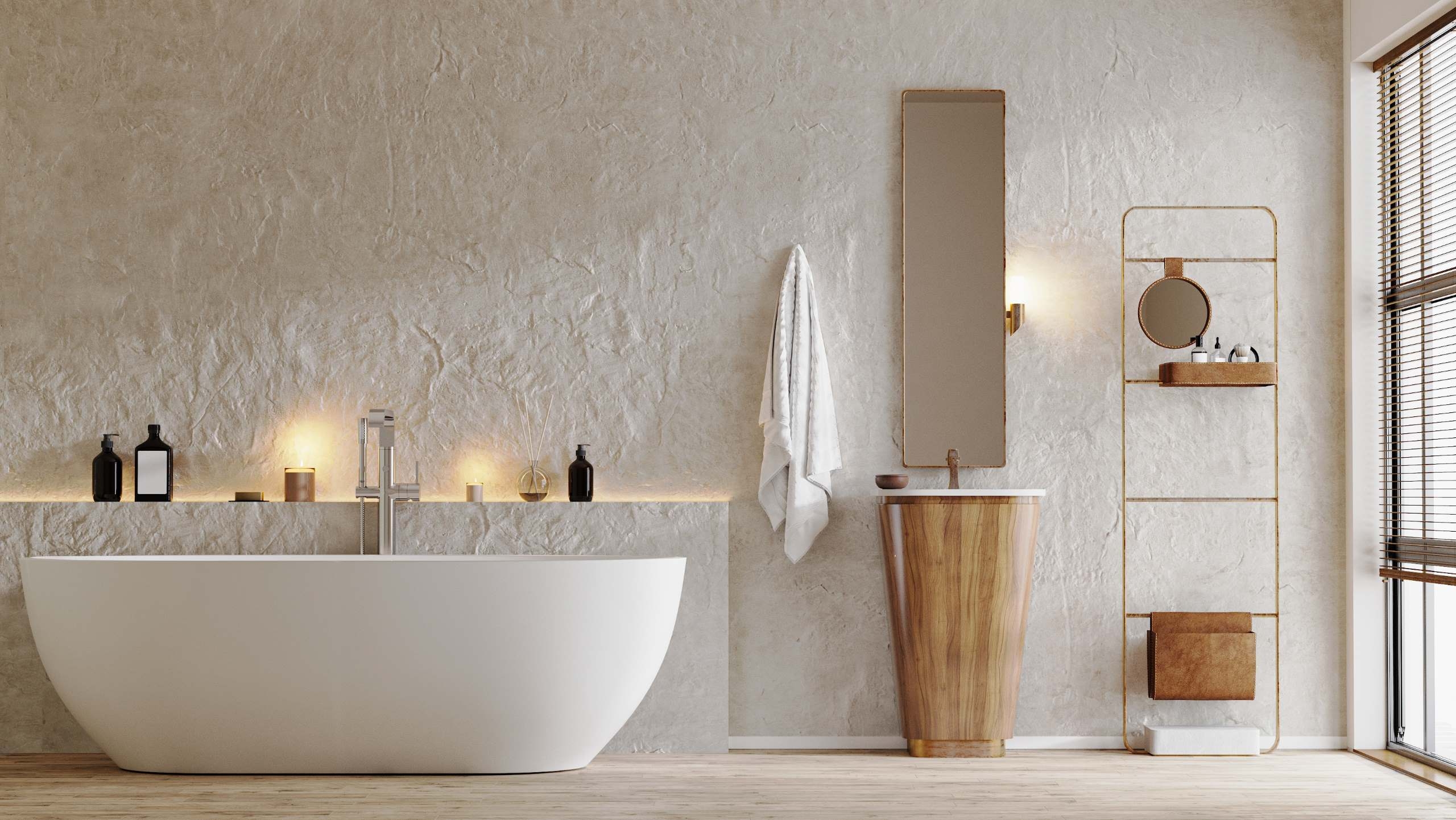

When it comes to being a residential plumber, there are certain essential skills and qualifications that are needed for the job. Firstly, a plumber must have a strong understanding of plumbing systems and how they work. This includes knowledge of pipes, fittings, fixtures, and other plumbing materials.
In addition to technical expertise, plumbers must also possess good problem-solving skills. They often encounter complex issues that require quick thinking and creative solutions. A keen attention to detail is also crucial in order to accurately diagnose problems and make the necessary repairs.
Another important skill for a residential plumber is customer service. Plumbers work directly with homeowners on a daily basis, so they must be able to communicate effectively and provide excellent service. Being friendly, courteous, and professional is key to building trust with clients.
In terms of qualifications, most plumbers complete an apprenticeship program or vocational training in order to gain hands-on experience in the field. Licensing requirements vary by state, but many jurisdictions require plumbers to pass an exam in order to become certified.
Overall, being a successful residential plumber requires a combination of technical expertise, problem-solving skills, and strong communication abilities. With the right training and experience, anyone can excel in this rewarding career field.
Residential plumbers offer a wide range of services to help homeowners maintain their plumbing systems and address any issues that may arise. Here are some of the common types of services offered by residential plumbers:
Emergency Repairs When a pipe bursts or a toilet overflows, homeowners need help fast. Residential plumbers are available 24/7 to respond to emergency plumbing issues and provide timely repairs to prevent further damage to the home.
Installation and Replacement Whether you're remodeling your bathroom or upgrading your kitchen appliances, residential plumbers can install new fixtures and replace old ones. From faucets and sinks to water heaters and garbage disposals, they have the expertise to ensure everything is installed correctly.
Routine Maintenance Preventative maintenance is key to keeping your plumbing system in good working order. Residential plumbers can perform routine inspections, clean drains, check for leaks, and make any necessary repairs to help avoid costly issues down the road.
Pipe Repair and Replacement Over time, pipes can become corroded, damaged, or clogged, leading to leaks and reduced water pressure. Residential plumbers have the tools and knowledge to repair or replace pipes as needed, ensuring proper water flow throughout your home.
Water Heater Services From installation and repair to maintenance and replacement, residential plumbers are equipped to handle all aspects of water heater care. Whether you have a traditional tank water heater or a tankless model, they can keep it running efficiently so you always have hot water when you need it.
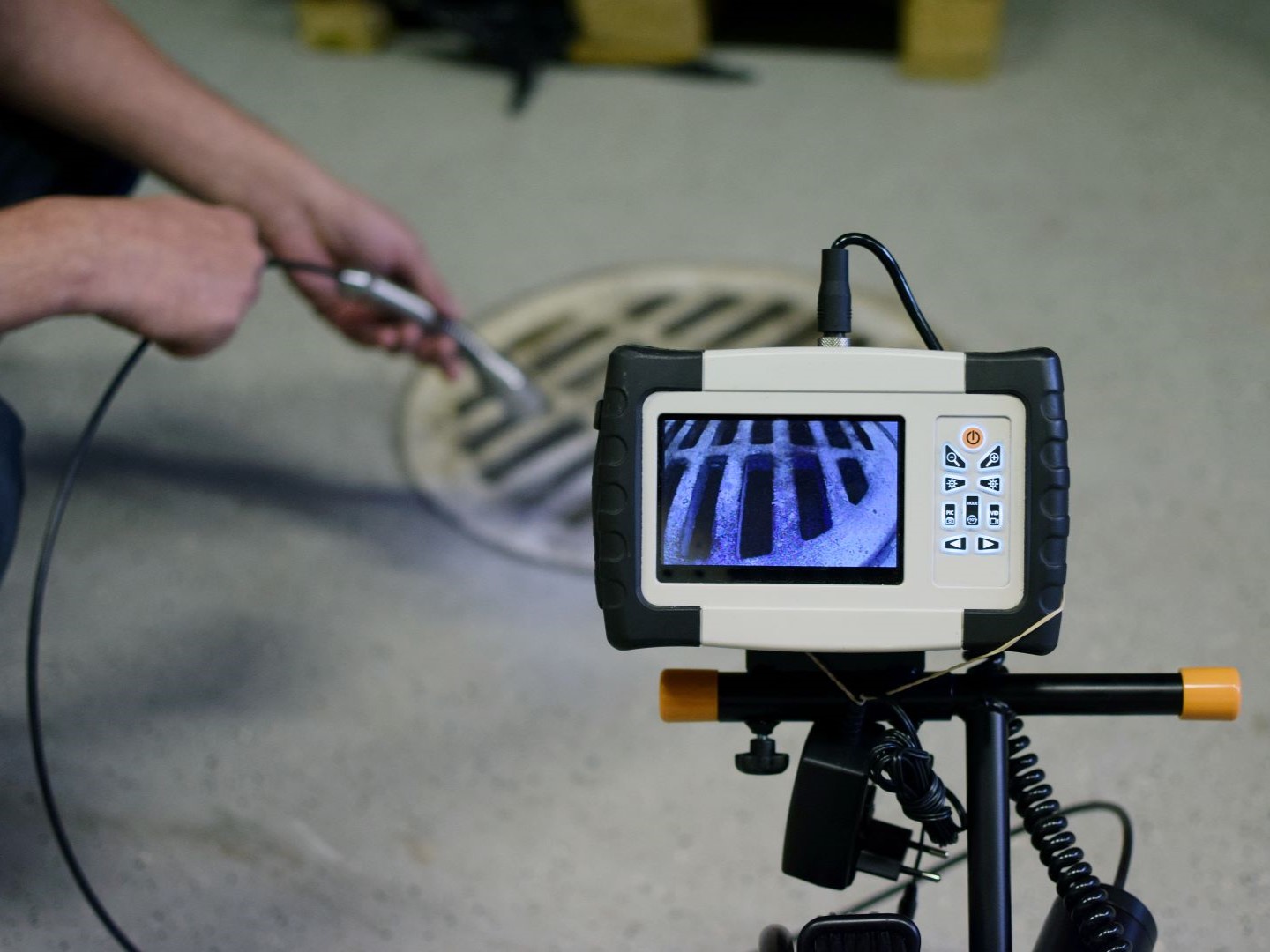
Are you looking to upgrade your plumbing fixtures in Hobart without breaking the bank?. Luckily, there are plenty of cost-effective ways to give your bathroom or kitchen a fresh new look without spending a fortune. One way to upgrade your plumbing fixtures on a budget is to simply give them a good cleaning.
Posted by on 2024-11-04

Plumbing problems are a common occurrence in many homes in Hobart.. From leaky faucets to clogged drains, there are a variety of issues that can arise with your plumbing system.
Posted by on 2024-11-04
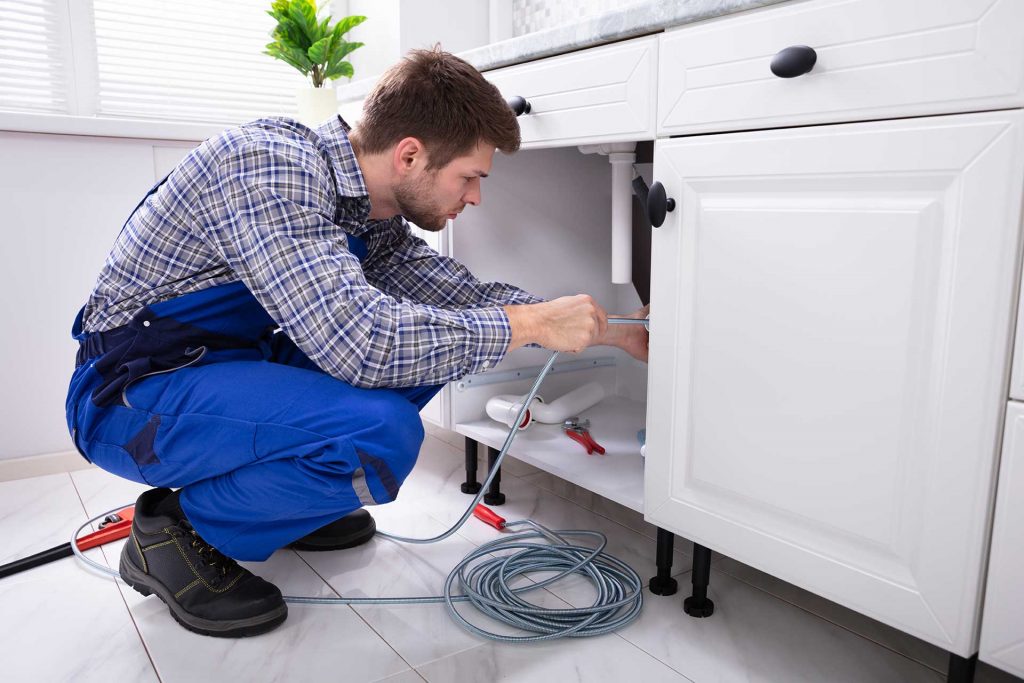
Looking for a reliable plumber in Hobart?. It can be a daunting task, but with the right tips, you can find someone who will get the job done efficiently and effectively. First and foremost, ask for recommendations from friends, family, or neighbors.
Posted by on 2024-11-04
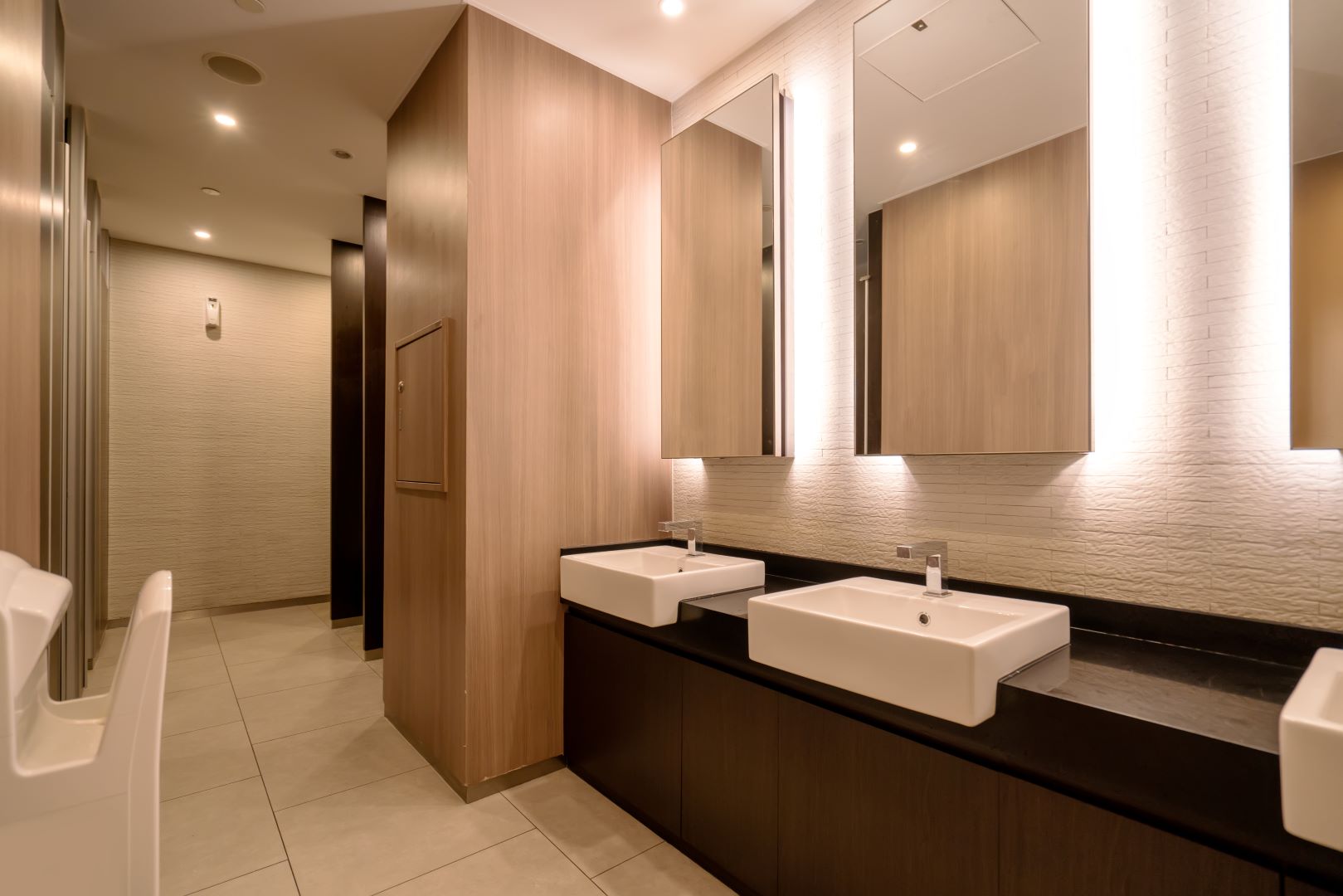
Regular plumbing maintenance is a crucial aspect of homeownership in Hobart, and it cannot be emphasized enough.. Many people tend to overlook the importance of maintaining their plumbing systems until a major issue arises.
Posted by on 2024-11-04
Regular maintenance of your home's plumbing system is essential to prevent costly repairs and ensure everything is running smoothly. Here are some tips to help you keep your plumbing in top shape:
Check for Leaks Regularly Inspecting your pipes, faucets, and fixtures for leaks on a regular basis can help you catch any issues early on before they turn into major problems. Look for signs of water damage, such as damp spots or mold growth, and address any leaks promptly.
Properly Dispose of Grease and Oil Avoid pouring grease or oil down your drains as they can solidify and clog your pipes over time. Instead, dispose of them in the trash or recycle them if possible. This simple habit can help prevent blockages in your plumbing system.
Monitor Your Water Pressure Keep an eye on your water pressure to ensure it stays within a healthy range. High water pressure can put stress on your pipes and lead to leaks or bursts, while low water pressure may indicate a larger issue with your plumbing system. Adjusting the pressure regulator as needed can help maintain optimal levels.
Protect Your Pipes from Freezing During colder months, take steps to prevent your pipes from freezing by insulating them properly and keeping your home heated adequately. Frozen pipes can burst and cause extensive damage, so taking precautions like leaving cabinet doors open to allow warm air circulation can help avoid this issue.
Schedule Routine Inspections with a Professional Plumber Finally, consider scheduling routine inspections with a qualified plumber to assess the condition of your plumbing system and address any potential concerns proactively. A professional plumber can provide expert advice on maintenance practices specific to your home's layout and recommend any necessary repairs or upgrades.
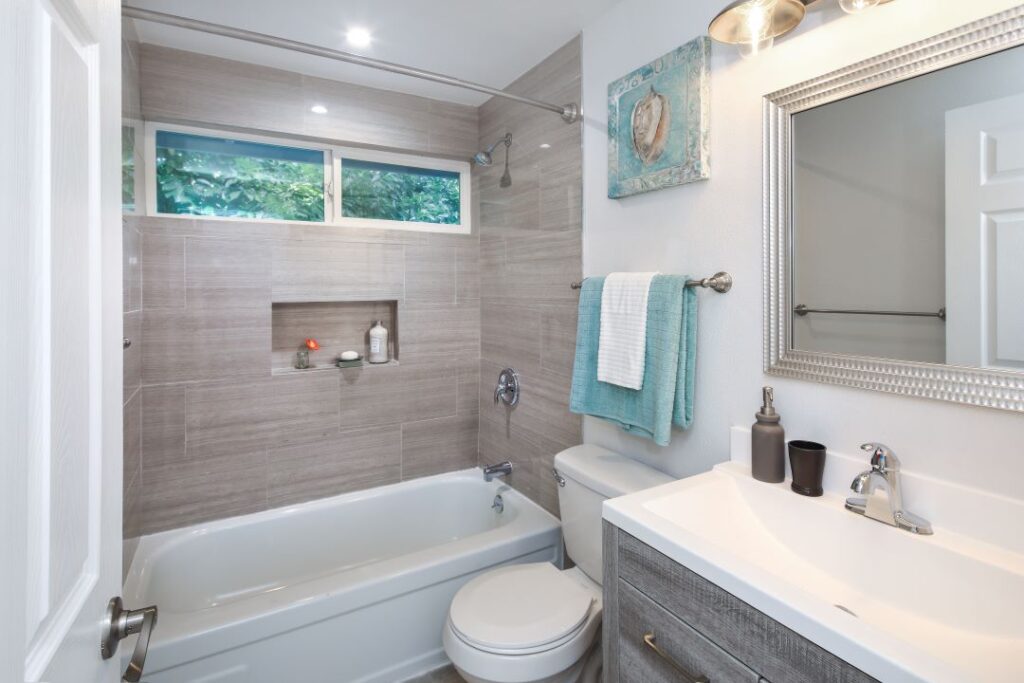
My rates for common residential plumbing services are competitive and affordable.